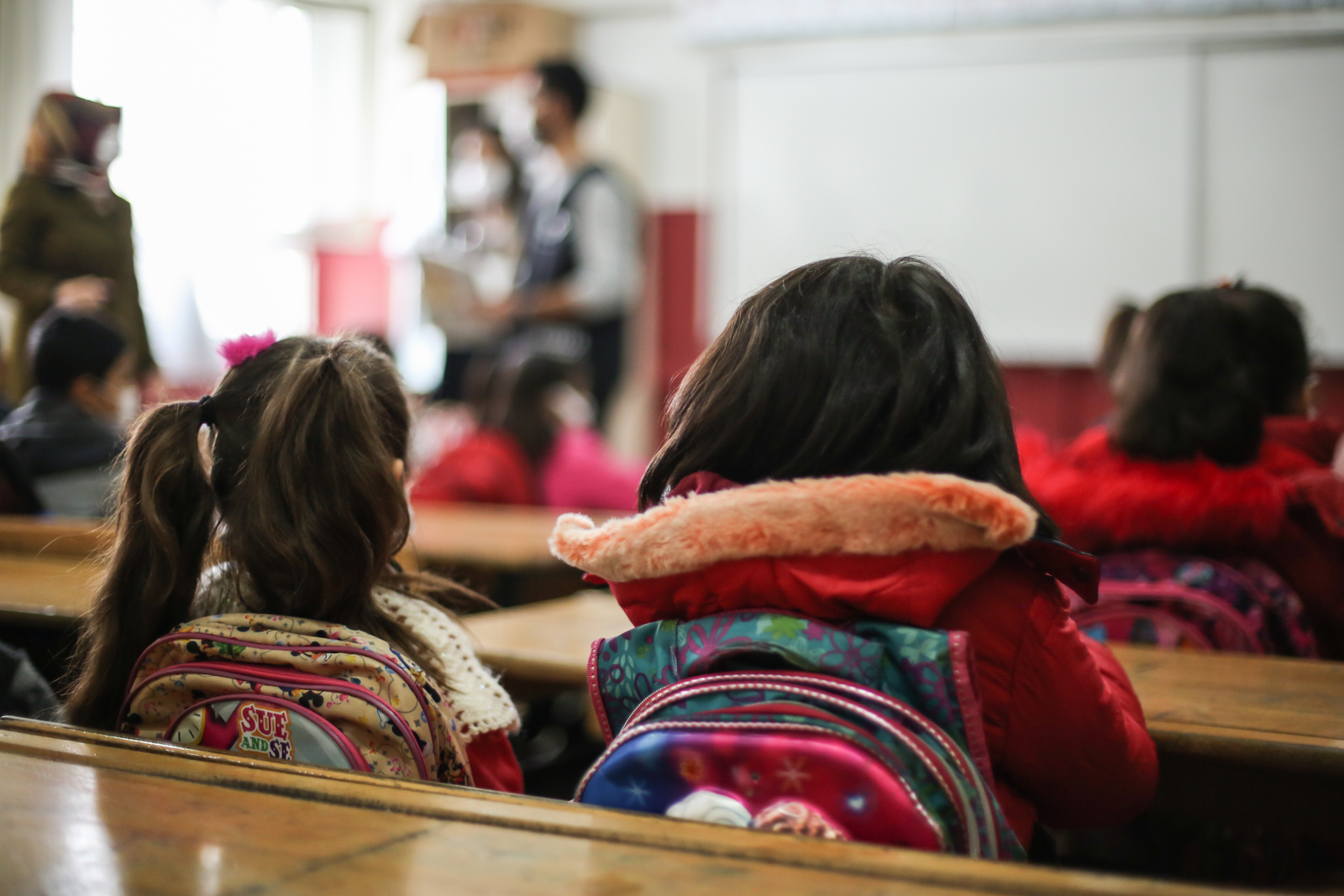
“Many schoolgirls fall pregnant from rape or abuse and many face daily sexual harassment”
Child marriage, Girls' education, Global Youth Ambassadors, Right to education
There must be more awareness in Tanzania of girls' rights and the support they need to continue their education and fulfil their potential.
On any given day, the journey to school for girls in Tanzania can seem like a battlefield. Aggressive bus conductors or the fear of walking alone in quiet streets can lead to girls feeling vulnerable and insecure.
I myself have experienced the fear of walking alone to school – why should girls face such insecurity in comparison to boys?
Outside of school, girls are facing many challenges and forced child marriage is prevalent in many communities.
Now, more than ever, girls in Tanzania need all the support they can get to complete their secondary education because once they are found pregnant it means an end to their educational career.

I have seen girls as young as 12, already young mothers, forced to marry older men of 35. This leads to too many girls leaving school, not completing their education and not fulfilling their true potential.
We need to raise awareness and bring attention to girls’ rights because they are our future leaders. Currently girls who fall pregnant at an early age are seen as the ones at fault.
However, there is little to no sexual reproductive health education. Many girls fall pregnant whilst in school from rape or abuse and many face sexual harassment on a daily basis and resort to silence as there is no proper mechanism to help victims.
We need to educate all girls on sexual reproductive health. We need to challenge the stereotypes that exist and work against girls in Tanzania and further afield today.
We should provide menstrual hygiene kits for girls who live in rural communities, as they do not attend school during their menstruation. This is something most girls tend not to speak out about due to Tanzanian customs and traditions of not talking about menstruation with male counterparts or elders.
This can lead to young girls not being open with their parents or teachers about the menstrual hygiene problem.
More news

African youth rise up to demand early years spending target is met
